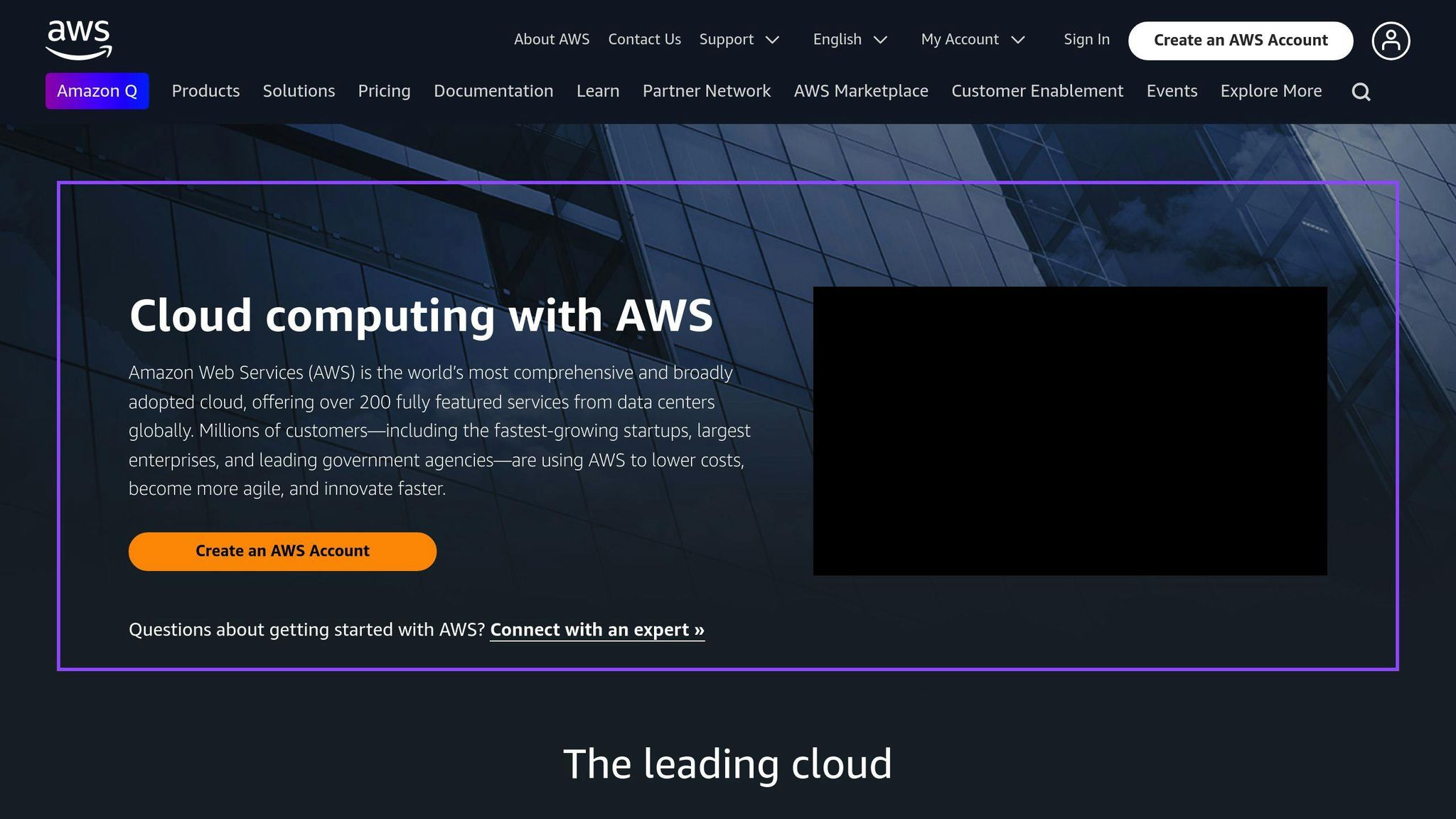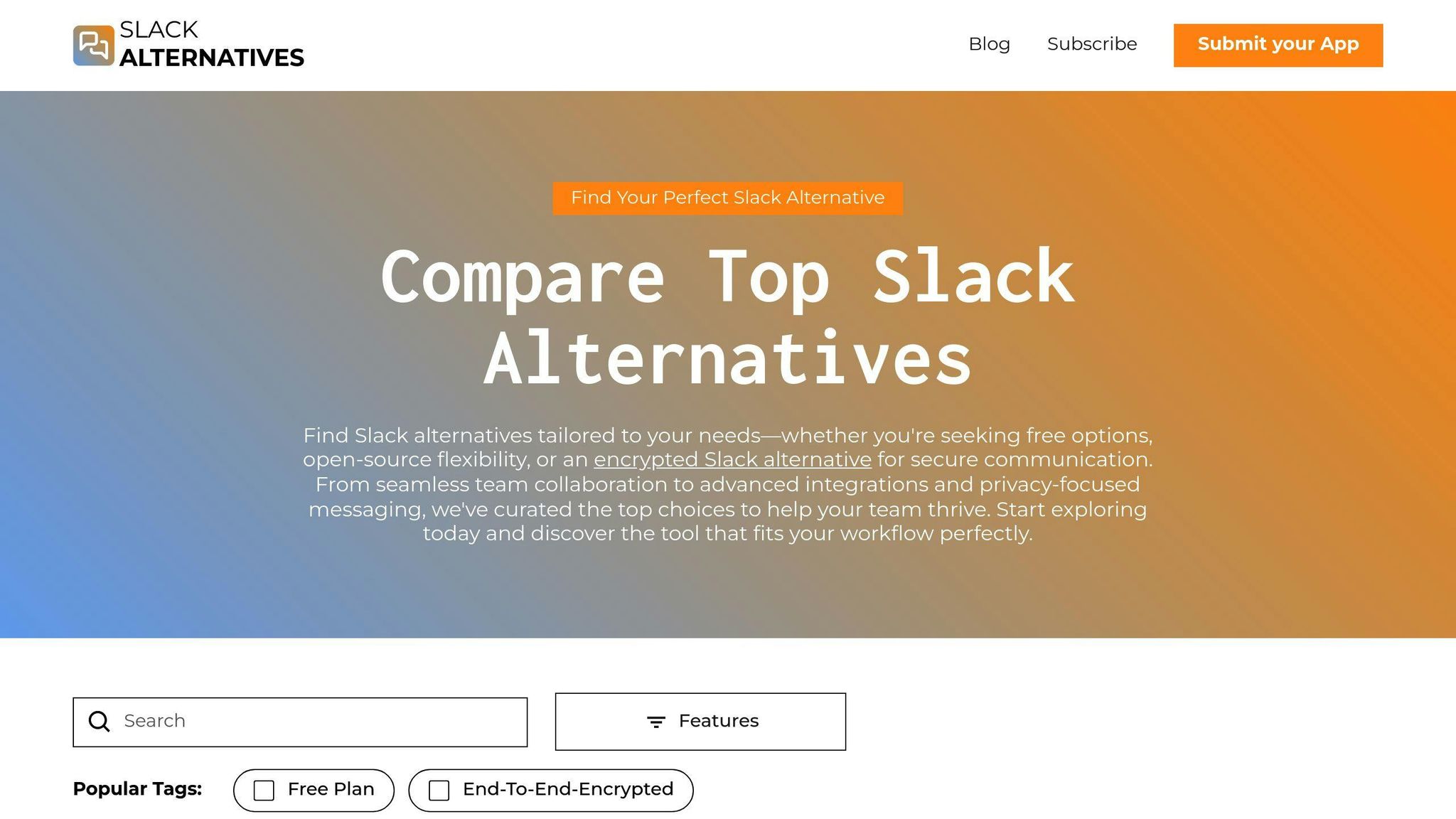Choosing between self-hosting and cloud solutions for team collaboration tools boils down to cost, control, and convenience. Here’s the quick takeaway:
- Self-hosting: High upfront costs, full control over data, requires IT expertise, and better for industries with strict compliance needs (e.g., healthcare, finance).
- Cloud solutions: Low startup costs, predictable subscription fees, minimal IT requirements, and ideal for smaller teams or those needing easy scalability.
Quick Comparison
| Factor | Self-Hosting | Cloud Solutions |
|---|---|---|
| Initial Costs | High (hardware, setup, security) | Low (subscription-based) |
| Ongoing Costs | Maintenance, IT staff, upgrades | Predictable subscription fees |
| Control | Full control over data and systems | Limited, provider-managed |
| Technical Expertise | Requires dedicated IT team | Minimal technical skills needed |
| Scalability | Hardware investment needed | Effortless, on-demand scaling |
| Security | Custom setups, direct oversight | Provider’s standard measures |
Key Insight
Self-hosting costs 5.25x more than cloud solutions on average, but it offers unmatched control. Cloud solutions are more affordable and easier to manage, making them perfect for teams with limited resources. Your choice depends on your budget, team size, IT skills, and compliance needs.
Colocation Hosting versus AWS Costs Compared

Cost Components: Self-Hosting vs. Cloud
Breaking down the costs of self-hosting and cloud solutions can help teams choose the right collaboration tools for their needs. Here's a closer look at the key expenses involved in each option.
Initial Costs
Self-hosting involves upfront spending on hardware, such as a 4-core CPU server (around $400), along with additional expenses for:
- Software licensing
- Setting up infrastructure (like server rooms and networking equipment)
- Implementing security measures
- IT configuration services
Cloud solutions, on the other hand, usually come with minimal upfront costs. Many providers offer free trials or entry-level plans, making them appealing to small businesses or startups.
Recurring Costs
| Cost Category | Self-Hosting | Cloud Solutions |
|---|---|---|
| Infrastructure | Server upkeep + Energy (~$10/month) | Subscription fees (~$40/month) |
| IT Staff | Dedicated IT team | Minimal IT support required |
| Updates & Security | Maintenance expenses | Covered by subscription |
| Backup & Recovery | Extra storage and backup systems | Included in base plan |
While these recurring costs are easier to predict, both options also come with less obvious expenses that can affect overall budgets.
Hidden Costs and Unexpected Fees
Self-Hosting Hidden Costs:
- Ongoing maintenance and scalability
- Cooling system upkeep
- Handling security breaches
- Renewing compliance certifications
Cloud Solution Hidden Costs:
- Usage-based charges (e.g., data transfer, API overages)
- Fees for additional user licenses
- Premium support services
- Storage upgrades
- Integration with other tools
"According to Github, the cost of a self-hosted solution is usually about 5.25 times greater than its cloud-based counterpart".
Self-hosted solutions tend to demand higher spending on infrastructure and security upkeep. In contrast, cloud solutions often introduce unexpected costs tied to usage, scaling, or additional features.
Advantages and Disadvantages: Self-Hosting vs. Cloud
Comparison Table: Key Differences
| Factor | Self-Hosting | Cloud Solutions |
|---|---|---|
| Control | Full control of data | Limited control, provider-managed |
| Technical Requirements | Requires a dedicated IT team | Minimal technical expertise needed |
| Customization | Highly customizable | Restricted to provider's features |
| Security | Custom security setups | Provider's standard security measures |
| Compliance | Direct oversight | Relies on provider's compliance |
| Updates | Manual updates required | Updates handled automatically |
| Scaling | Requires hardware investment | Effortless, on-demand scaling |
This breakdown highlights the key differences to help organizations decide which option fits their needs.
When to Choose Self-Hosting
Self-hosting works best for organizations with specific requirements and sufficient resources. Industries like healthcare, finance, and government often lean toward self-hosted solutions due to strict data protection laws and compliance standards.
For example, Microsoft noted that 67% of enterprises in highly regulated sectors prefer self-hosting for collaboration tools. While it offers unmatched control, the upfront and ongoing costs can be substantial, making it a better fit for organizations with larger budgets.
Key advantages include:
- Full control over data and systems
- Customizable security measures
- Seamless integration with existing infrastructure
When to Choose Cloud Solutions
Cloud-based options are ideal for teams focusing on scalability and operational ease. With predictable subscription costs, they’re a practical choice for organizations with limited budgets or IT expertise.
Cloud solutions shine when:
- Budgets and IT staff are limited but operational needs are high
- Fast setup is critical for productivity
- Team members are spread across locations and need easy access
Platforms like Google Workspace and Microsoft Teams simplify scaling and automate updates, easing the IT workload. Choosing between self-hosting and cloud solutions ultimately depends on balancing your organization's priorities: cost, control, and convenience.
sbb-itb-ae976f1
Factors Affecting Your Choice
When selecting a hosting option, it's not just about the direct costs. Factors like the size of your team and their technical expertise can heavily influence the decision.
Team Size and IT Skills
Smaller teams often lean toward cloud solutions since they require less upfront investment and fewer operational responsibilities. On the other hand, larger teams with skilled IT staff are better equipped to handle self-hosting. These teams can manage server maintenance, implement security updates, and tailor solutions to fit specific needs. However, without the right technical staff, self-hosting can quickly become overwhelming and impractical.
Data Security and Compliance Needs
For industries with strict regulatory requirements, such as healthcare and finance, hosting choice is often driven by the need for data security and compliance. For example, healthcare organizations handling patient data under HIPAA regulations or financial institutions managing sensitive transactions often opt for self-hosting to maintain direct control over their data security measures.
Some key security considerations include:
- Encryption standards
- Access controls and regular compliance audits
- Reliable backup and recovery systems
David Molnar from Microsoft Research highlights the importance of fully understanding cloud security before committing to a solution. While many cloud providers offer strong security, organizations with strict compliance needs may find the added control of self-hosting more suitable. However, the additional effort and costs required to meet these standards can make self-hosting a more expensive option.
Budget and Long-Term Expenses
Cost is a major factor, and it's not just about the initial fees. Long-term expenses can vary significantly depending on your hosting choice.
| Cost Category | Self-Hosting | Cloud Solutions |
|---|---|---|
| Initial Investment | High hardware costs | Low setup fees |
| Ongoing Costs | Hardware upgrades and maintenance | Pay-as-you-grow pricing |
| IT Staff Expenses | Requires a dedicated team | Minimal IT support needed |
For organizations experiencing growth, cloud solutions offer predictable, scalable costs. In contrast, larger enterprises might find self-hosting more economical in the long run, especially when considering the total cost of ownership and the ability to optimize resources.
Collaboration Tool Options
Choosing the right collaboration tool means balancing hosting costs, features, and organizational priorities. These tools are designed to meet different hosting and budget requirements, helping organizations find the best fit for their specific needs.
Slack Alternatives

Platforms like Rocket.Chat, Mattermost, and Microsoft Teams provide a range of options, including self-hosted and cloud-based solutions. Here's a quick breakdown:
- Rocket.Chat and Mattermost: Great for organizations that value control and customization. These platforms allow you to self-host, offering more tailored security options.
- Microsoft Teams: Works seamlessly with the Microsoft ecosystem and supports hybrid deployments, making it a strong choice for those already using Microsoft tools.
Self-hosted tools like Mattermost are ideal for teams that want more control over security and customization. On the other hand, cloud-based solutions are easier to manage and don't require extensive IT resources, making them a cost-effective option for smaller teams.
When evaluating collaboration tools, look for platforms that offer:
- Deployment flexibility to accommodate changing needs
- Transparent pricing for both self-hosted and cloud models
- Scalability to grow with your team without technical headaches
- Integration options with your current systems
The goal is to find a solution that balances upfront costs with long-term scalability while aligning with your team's technical skills and security needs. The best choice will depend on your budget, IT resources, and future plans.
Conclusion: Choosing the Right Option for Your Team
Key Points
Deciding between self-hosting and cloud solutions affects both your budget and how your team operates. Self-hosting requires a larger upfront investment and IT resources but gives you more control and customization options. On the other hand, cloud solutions are easier to scale and come with predictable costs, making them a great fit for smaller teams.
With self-hosting, you'll need to account for expenses like infrastructure, upkeep, and IT staff. Cloud solutions, while offering straightforward pricing, might have some hidden fees. To make the right choice, weigh these factors against your organization's specific needs.
Final Advice
Here’s a quick comparison to guide your decision:
| Factor | Best for Self-Hosting | Best for Cloud Solutions |
|---|---|---|
| Team Size & IT Resources | Larger teams with strong IT support | Smaller teams with limited technical expertise |
| Security Requirements | High compliance and strict data policies | Standard security measures |
Your organization’s situation will ultimately determine the best fit. Companies with robust IT infrastructure and strict data handling requirements, like Microsoft or Google, often lean toward self-hosting. Meanwhile, smaller teams or those who value simplicity and ease of use may find cloud solutions more practical.
Platforms like Rocket.Chat and Microsoft Teams provide both self-hosted and cloud options, giving you the flexibility to adapt as your needs evolve. If you're uncertain about long-term requirements, starting with a cloud solution can be a smart move. This approach offers room to switch to self-hosting later, as your team grows or your priorities shift. Be sure to consider not only your current needs but also your anticipated growth and security goals over the next few years.
Matching your hosting choice to your organization's goals will help ensure smooth operations and cost-effective results.








































